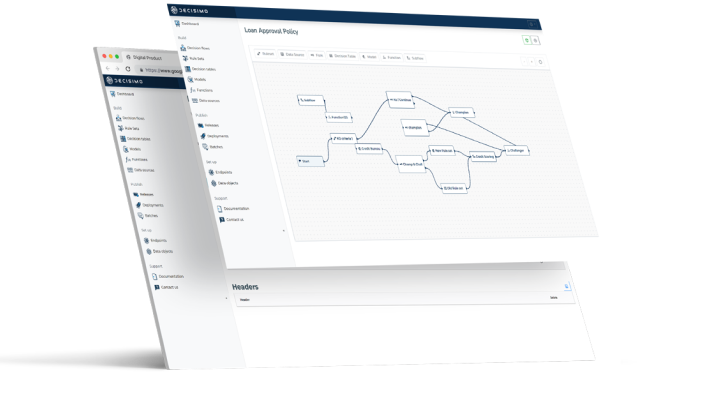How to Streamline Insurance Policy Management with Policy Administration Software and Rule Engine - Decisimo
Published on: 2024-08-10 18:38:12
Policy administration software (PAS) is a specialized system designed to streamline and automate the management of insurance policies. It serves as a centralized platform for insurance companies to handle policy-related tasks, including policy creation, modification, and termination.
At its core, a policy administration software consists of a database that stores policy information and a set of functionalities to perform various policy management operations. These operations typically include policy quoting, underwriting, rating, billing, claims processing, and compliance management.
One crucial component often found in policy administration software is a rule engine. A rule engine is a rules-based system that allows the software to enforce specific business rules and policies defined by the insurance company. It provides a flexible and configurable framework to manage and execute complex rule sets.
The rule engine enables the following key capabilities within policy administration software:
- Rule-Based Decision Making; The engine allows the software to evaluate policy information and apply predefined rules to make consistent and automated decisions. These rules can encompass eligibility criteria, coverage options, rating algorithms, and compliance regulations.
- Policy Validation and Enforcement: The rule engine validates policy data against defined rules to ensure accuracy and compliance. It helps identify any discrepancies or errors, preventing policy issuance or modifications that violate business rules or regulatory requirements.
- Automated Underwriting: The engine can assess policy applications based on predetermined underwriting rules. It can evaluate factors such as risk profiles, historical data, and eligibility criteria to determine whether to accept, reject, or refer the application for further review.
- Rating and Premium Calculation: By utilizing the rule engine, the software can calculate premiums based on rating algorithms and predefined rules. These algorithms consider various factors like coverage type, policyholder characteristics, and risk factors, providing accurate premium calculations.
- Compliance Management: The rule engine ensures that policies adhere to regulatory guidelines and internal business rules. It helps validate that policy terms, conditions, and coverage meet legal requirements, reducing the risk of non-compliance and penalties.
Overall, policy administration software, augmented with a vertical rule engine, enables insurance companies to efficiently manage policy lifecycle processes, reduce manual efforts, improve accuracy, ensure compliance, and deliver consistent customer experiences.


